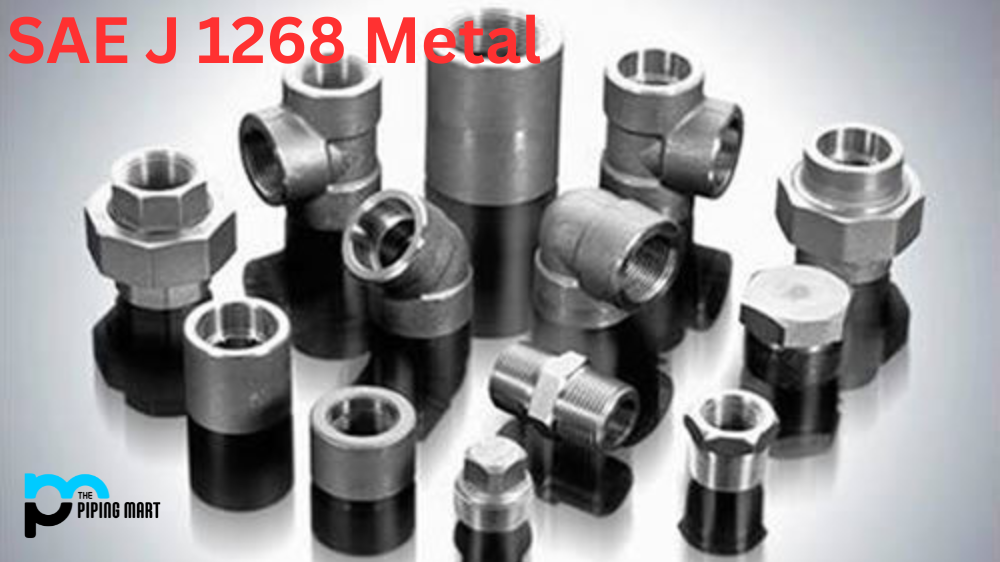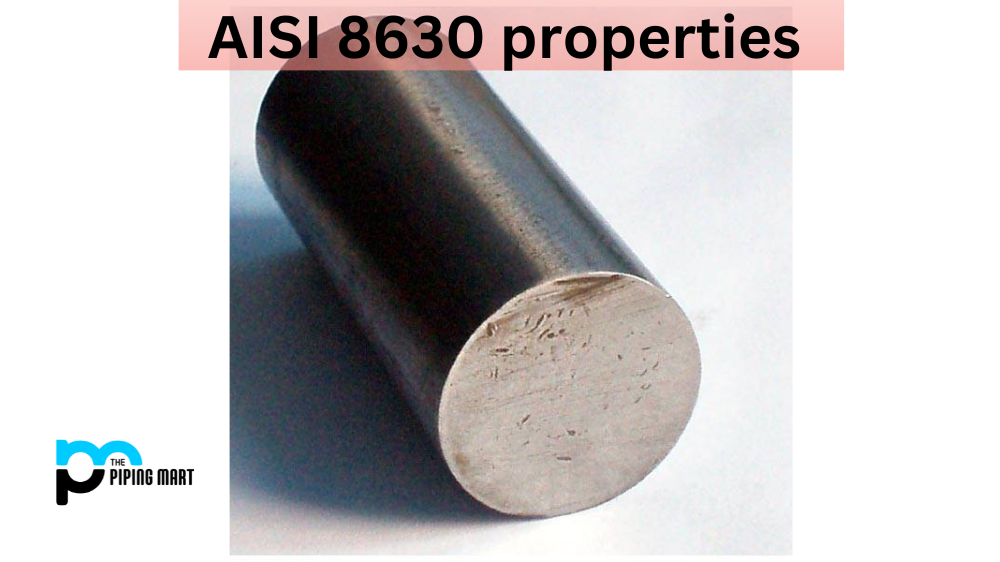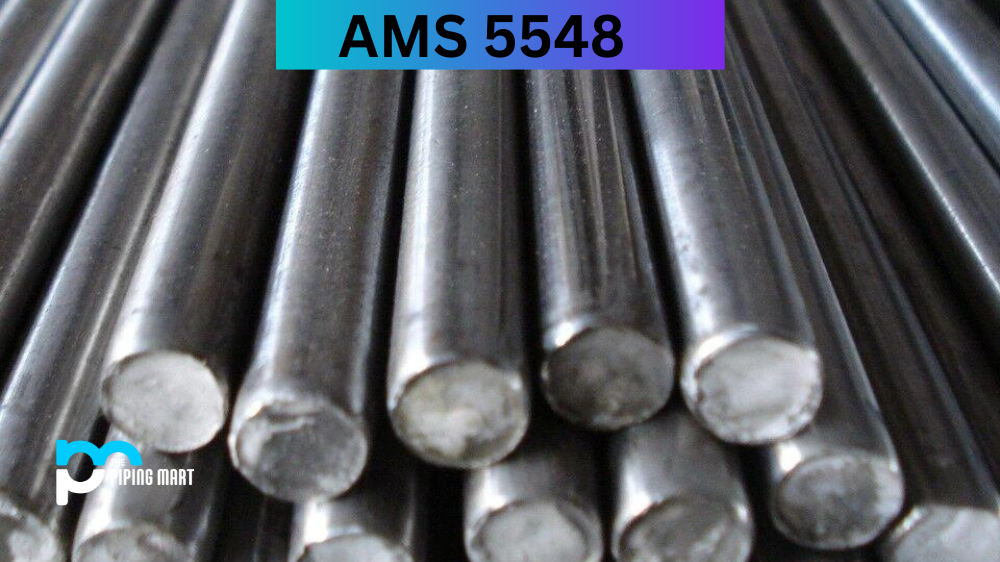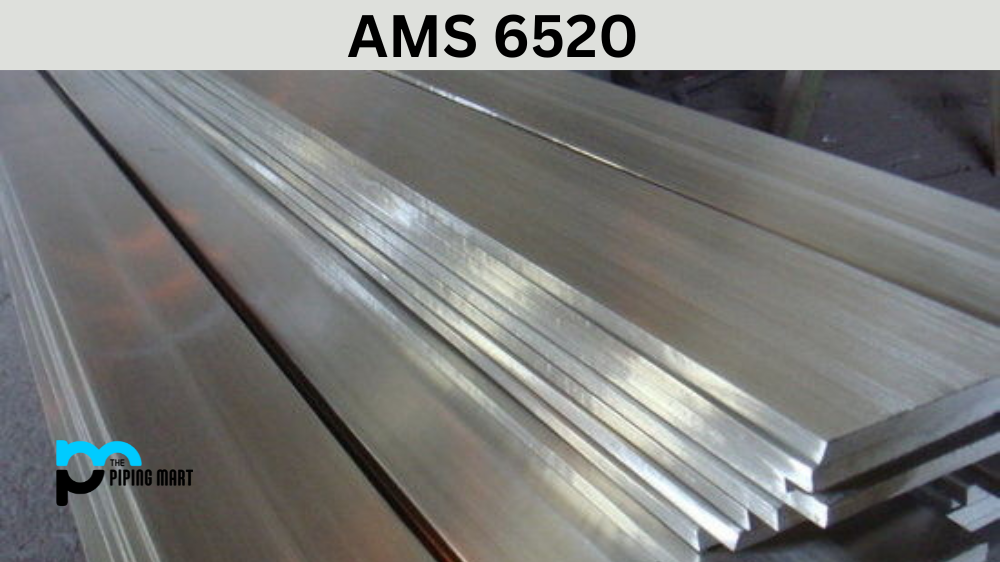Many different types of metal alloys are available when manufacturing products that require metal use. One popular option among manufacturers is SAE J 1268 metal. This alloy is known for its excellent mechanical and physical properties, making it a go-to choice for many applications. However, there is much more to SAE J 1268 metal than just its performance properties. In this blog post, we’ll dive deep into what SAE J 1268 metal is, its composition, mechanical and physical properties, its uses, corrosion resistance, heat treatment, machining and welding processes, so you can make an informed decision if this metal is the right choice for your next project.
What is SAE J 1268 Metal?
SAE J 1268 metal is a carbon steel alloy with several elements, including carbon, manganese, silicon, and phosphorus. This alloy is known for its high strength and excellent wear resistance. One of the critical benefits of SAE J 1268 metal is its ability to be hardened through heat treatment, which can increase its strength and durability.
SAE J1268 Composition
The composition of SAE J 1268 metal is as follows: it contains carbon, manganese, silicon, and phosphorus. The exact design will vary depending on the specific alloy used. Carbon content can range from 0.18% to 0.25%, manganese from 0.6% to 0.9%, silicon from 0.15% to 0.35%, and phosphorus from 0.035% to 0.045%.
SAE J1268 Mechanical properties
SAE J 1268 metal is known for its excellent mechanical properties. The mechanical properties of this alloy include high strength, toughness, and wear resistance. The alloy has a tensile strength between 625-760 MPa, a compressive yield strength between 550-690 MPa, and an elongation of 15% to 23%.
SAE J1268 Physical Properties
SAE J 1268 metal is known for its excellent physical properties. The physical properties include a high melting point, high thermal, and good electrical conductivity.
SAE J1268 Uses
Because of its beneficial properties, SAE J 1268 metal is used in many applications. The most common uses of this alloy include automotive parts, tools and machinery, construction equipment, and structural applications. It is a popular choice in manufacturing gears, sprockets, shafts, and other components that require high strength and durability.
SAE J1268 Corrosion Resistance
One potential drawback of SAE J 1268 metal is its susceptibility to corrosion. However, there are ways to enhance its corrosion resistance through proper heat treatment and coating processes. Some standard coating methods include painting, plating, and anodizing. It is also essential to properly maintain the metal and avoid exposing it to specific environments that can accelerate the corrosion process.
SAE J1268 Heat Treatment
Heat treatment is a popular method for hardening and strengthening SAE J 1268 metal. Heat treatment involves heating the metal to a specific temperature and then quenching it in a cooling substance such as water or oil. This helps to increase the metal’s strength and hardness while maintaining its toughness.
SAE J1268 Machining
SAE J 1268 metal is relatively easy to machine, making it a popular choice for manufacturing purposes. However, the specific machining methods depend on the alloy and the desired outcome. Some standard machining methods include turning, drilling, milling, and grinding.
SAE J1268 Welding
Welding SAE J 1268 metal is possible but requires some special considerations. Choosing the correct welding method and consumables ensures a successful weld. It is also essential to properly prepare the metal surfaces and to ensure that the welding process meets the necessary safety standards.
Conclusion
In conclusion, SAE J 1268 metal is a versatile alloy with high-level mechanical and physical properties. Its uses range from automotive to construction equipment to gears and sprockets. However, as with any metal, there are considerations, such as corrosion resistance and proper heat treatment and coating methods. Welding and machining SAE J 1268 metal also require specific techniques. You can confidently choose SAE J 1268 metal for your next project by understanding these considerations.

Abhishek is a seasoned blogger and industry expert, sharing his insights and knowledge on various topics. With his research, Abhishek offers valuable insights and tips for professionals and enthusiasts. Follow him for expert advice on the latest trends and developments in the metal industry.




